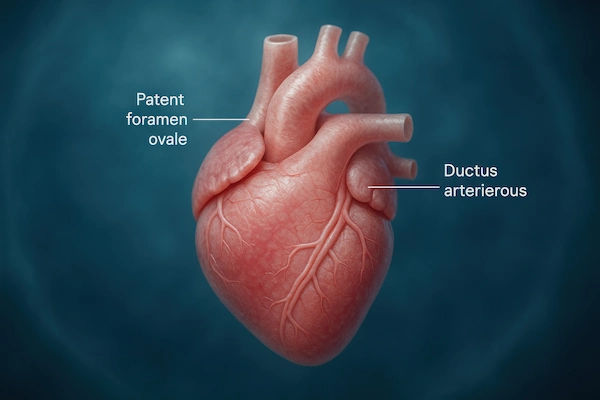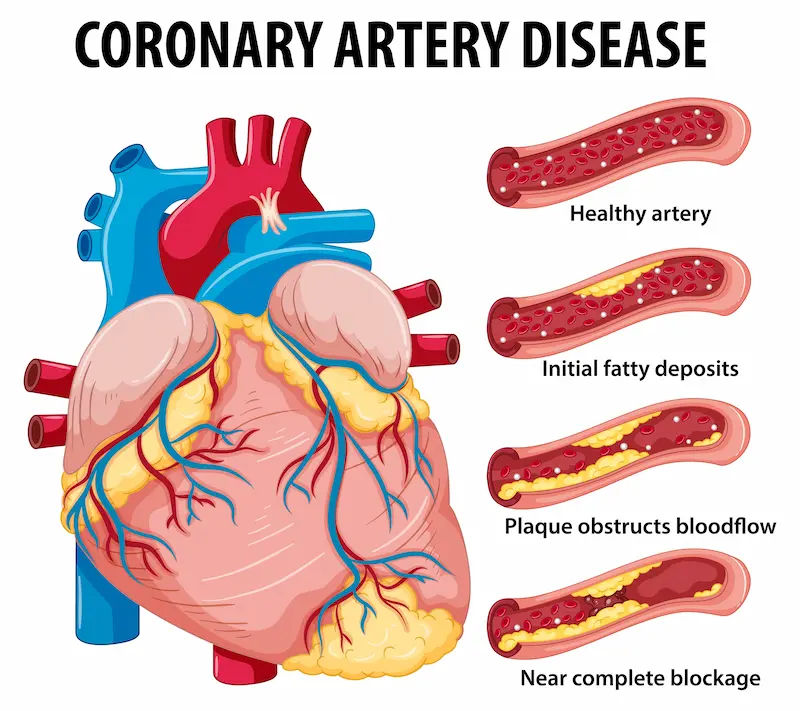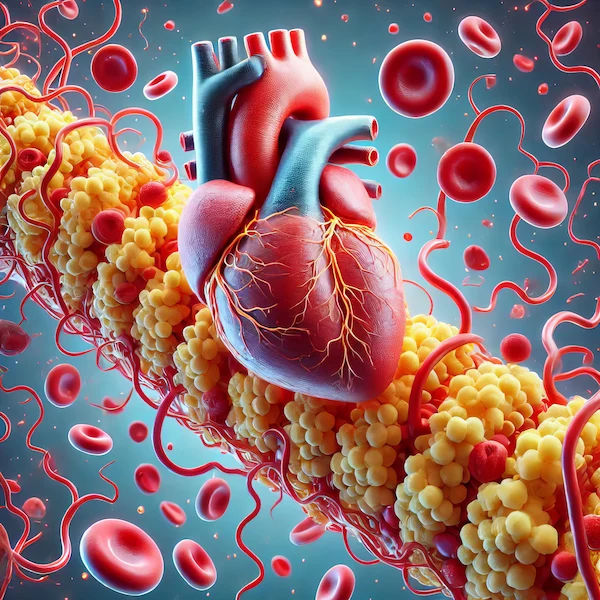- Female
- 28 Years
- 29/01/2025
I'm a bit worried since I tested positive for COVID on May 17th but didn't have any symptoms except for a dry throat. I'm feeling better now, but since May 27th, I've been experiencing a mild burning sensation in my chest and some pain in my left shoulder and hand every now and then. I've been taking doxycycline and dolo 650 twice a day for 6 days, and ivermectin 12mg for 4 days. I've also been using vitamin tablets and adding spices like pepper, cloves, and cinnamon to my food for 9 days. My oxygen levels are around 98-99 and my pulse is 80. Apart from that, I don't have any other health issues. I'm also using pan d tablets, but I'm still feeling the burning in my chest. Could you please help me understand what's going on?
Answered by 1 Apollo Doctors
go to physician and take injection pantop
Dr. Mubarak Suggests...
Consult a Cardiologist
Answered 04/07/2025
0
0

More Cardiology Health Queries
View allMy dad's been dealing with high blood pressure, around 155 over 105, and his creatinine levels were a bit high too, at 1.8. He used to be on 5mg Minipress and 10mg Calcigard, but then he got prescribed 20mg Calcigard by mistake. Now, his blood pressure hasn't changed, but his creatinine shot up to 2.6. Could this be because of the change in the Calcigard dosage?
yes could be probable cause..
Answered by 1 Apollo Doctors
I'm a bit worried because even after testing negative for COVID, my pulse rate is still high, around 103-104. Yesterday, I started feeling some pain in my left arm, so I got an ECG done. It showed something called sinus tachycardia, which I guess isn't normal. My blood pressure is 14090, and I've started taking Ecospirin 75mg. Is this something I should be concerned about?
After recovering from COVID-19, experiencing a continuous elevated pulse rate (sinus tachycardia) and pain in your left arm warrants attention. An abnormal ECG and a BP reading of 14090 mmHg suggest that further evaluation is necessary. Sinus tachycardia can be caused by various factors, including lingering effects of the virus, dehydration, stress, or other underlying conditions. Ecospirin (aspirin) 75 mg can help reduce the risk of clotting, but it's crucial to follow up with your healthcare provider to identify the cause of your symptoms and ensure appropriate management. Additional tests such as blood work, echocardiogram, or a Holter monitor might be needed. Please consult your healthcare provider promptly for a comprehensive evaluation.
Answered by 1 Apollo Doctors
I've been having this sharp pain at the bottom of my chest and when I talked to a doctor about it, they mentioned it might be due to gas. They advised getting an ECG, which I did, and I've attached the results here. I smoke about 3 to 4 cigarettes a day and have been eating out quite a bit recently because of work travel. I'm 75kgs and 5 feet 7 inches tall. What should I do next?
The sharp pain in the bottom of your chest could be due to gastritis caused by excess gas. Based on your ECG report, there are no significant abnormalities detected. However, smoking and consuming hotel food frequently can exacerbate your symptoms. To alleviate the gas and chest pain, you can take an over-the-counter antacid like **Ranitidine** 150mg twice daily before meals. Additionally, you should try to quit smoking or at least reduce the number of cigarettes per day. It is also advisable to avoid spicy and oily foods, and opt for a more balanced diet with plenty of fruits and vegetables. Regular exercise and maintaining a healthy weight can also help improve your symptoms.
Answered by 1 Apollo Doctors
Disclaimer: Answers on Apollo 247 are not intended to replace your doctor advice. Always seek help of a professional doctor in case of an medical emergency or ailment.





